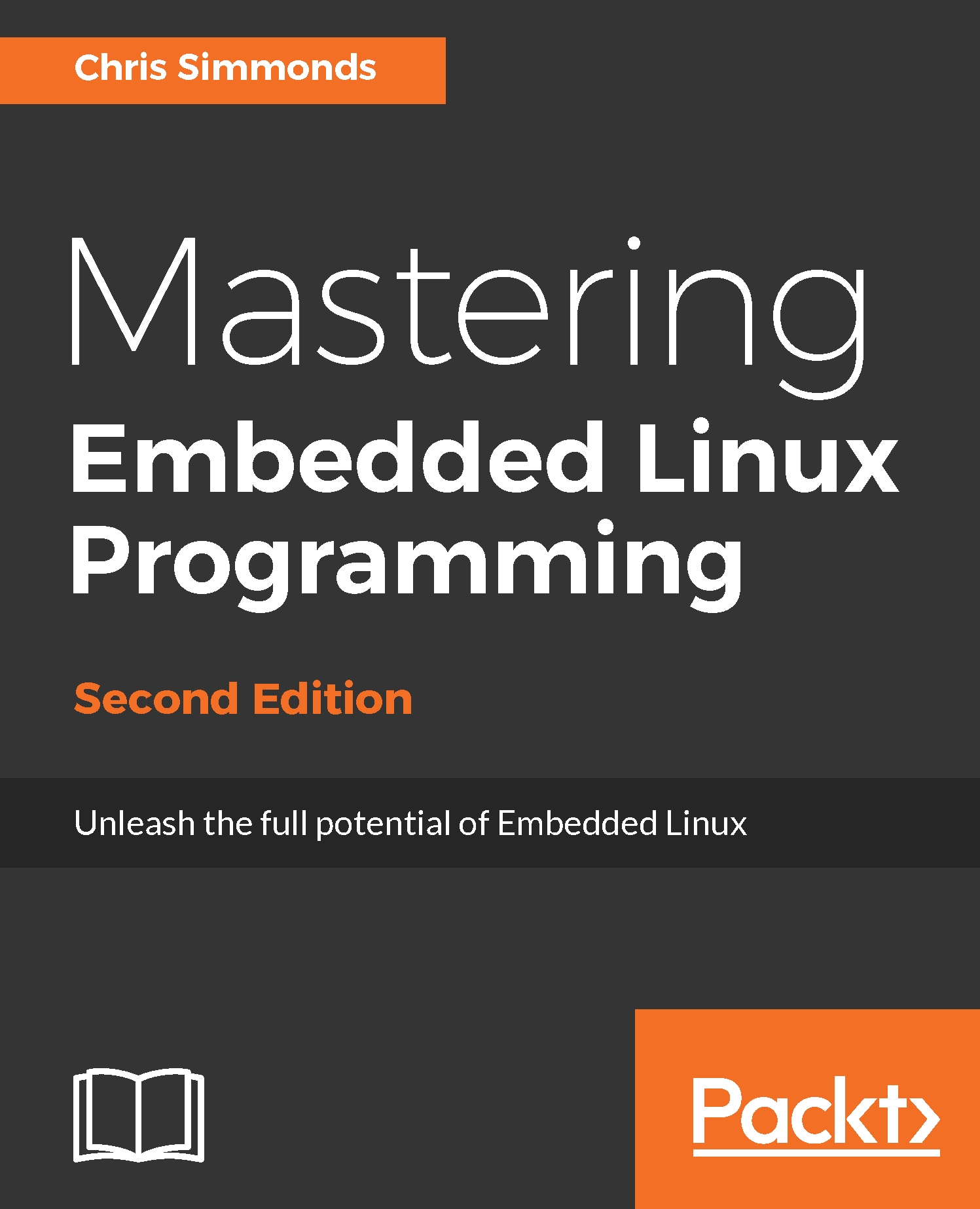The second big topic I want to cover in this chapter is scheduling. The Linux scheduler has a queue of threads that are ready to run, and its job is to schedule them on CPUs as they become available. Each thread has a scheduling policy that may be time-shared or real-time. The time-shared threads have a niceness value that increases or reduces their entitlement to CPU time. The real-time threads have a priority such that a higher priority thread will preempt a lower one. The scheduler works with threads, not processes. Each thread is scheduled regardless of which process it is running in.
The scheduler runs when:
- A thread is blocked by calling sleep() or another blocking system call
- A time-shared thread exhausts its time slice
- An interruption causes a thread to be unblocked, for example, because of I/O completing
For background information on the Linux scheduler,...


